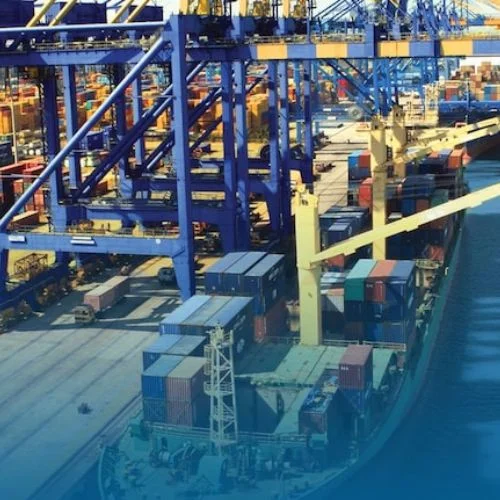According to its largest investor, Prosus, food and grocery delivery giant Swiggy‘s gross merchandise value (GMV) only increased a little, from $2.3 billion in FY22 to $2.6 billion in FY2023—a gain of just about 13 percent.
A larger restaurant base was a major factor in Swiggy’s development in GMV. Prosus’ annual report, released on June 27, stated that the firm currently has approximately 2.72 lakhs-enabled eateries on its network, an increase from over 1.97 lahks in FY22.
Swiggy’s GMV was significantly lower than that of Zomato, its nearest rival, which was hurt by the slow growth rate. Zomato, situated in Gurugram, claimed in its papers that its GMV increased to around $3.2 billion in FY23 from approximately $2.7 billion in FY22.
Although revenue rises, losses increase.
Prosus, a Dutch firm that owns 33 percent of Swiggy, reported that its portion of the company’s revenue increased by 40 percent to $297 million, which puts Swiggy’s revenue at over $900 million.
Similar calculations revealed that Swiggy’s losses increased by over 80% in FY23, from about $300 million in FY22 to $545 million.
Prosus claimed that investments in Instamart, its quick-commerce division, caused its portion of Swiggy’s trading loss to rise to $180 million. That deficit was $100 million for FY22.
Swiggy focused on reactivating users, raising monthly frequency, and enhancing user conversion during the course of the last two reporting periods. In its FY23 annual report, Prosus claimed that the advantages were reflected in its results.
Due to our increasing investment in Instamart, which peaked in the year, our portion of Swiggy’s trading loss rose to $180 million (FY22: $100 million).
Zomato lost less money than Swiggy in FY23, with losses of only about $126 million compared to Swiggy’s $545 million. Zomato’s revenues were relatively comparable to Swiggy’s topline.
The company’s chief, Sriharsha Majety, recently stated that the company’s core operation, meal delivery, had achieved profitability in March 2023, deducting ESOP charges, which coincides with the company’s increasing losses.
In fewer than nine years since its founding, Majety said that Swiggy has emerged as one of the very few international food delivery services to become profitable.
A couple of Swiggy’s investors, including Invesco and Baron Capital, have also reduced the company’s valuation during the past several months. By March 31, 2023, Baron Capital Group had decreased Swiggy’s valuation from its peak valuation of $10.7 billion, which was attributed to its most recent fundraising in January 2022, to $6.38 billion, according to ET’s story from May 26.
On May 9, ET reported that Invesco, the round’s lead investor, has reduced the food delivery company’s valuation by 33% to $5.5 billion (from $8.2 billion), after already reducing it from $10.7 billion.















